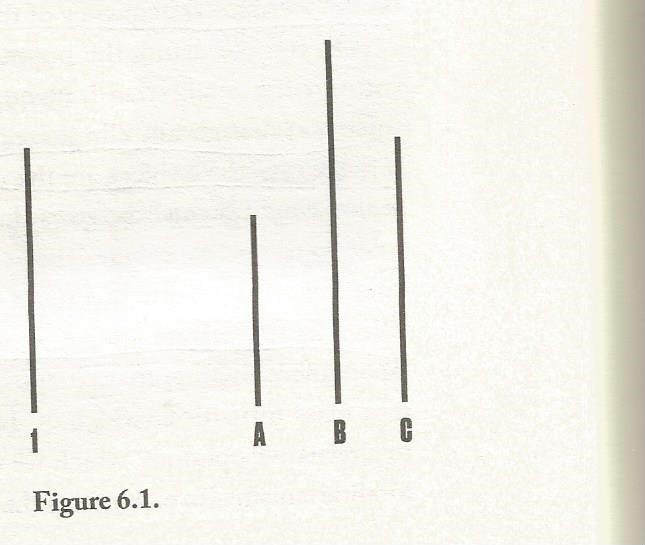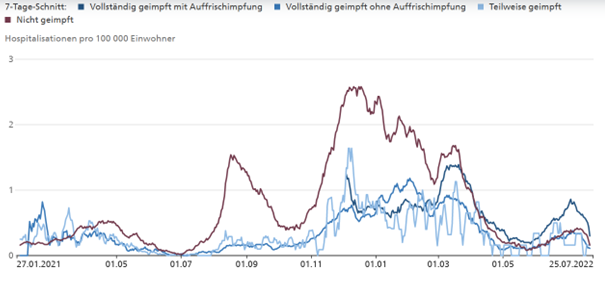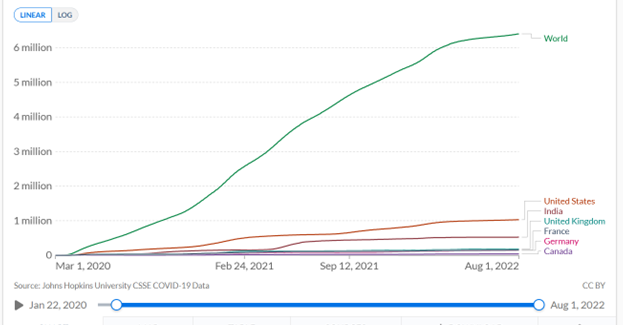Sailing between the Scylla of gullibility and the Charybdis of conspiracy theories in the Corona crisis
Thoughts on Mattias Desmet’s new book, The Psychology of Totalitarianism (London: Chelsea Green, 2022, 231 pages, €32.50, hardcover)
In the corona crisis, one sees two main camps: those who largely believe the mainstream narrative of the coronavirus to be true, and those who question this narrative – sometimes loudly, sometimes quietly. The first group, for the sake of simplicity, I will call below the believers, the others the doubters.
The doubters usually have one major problem: namely, understanding how it is possible that so many of their – quite intelligent – contemporaries subscribe to such an obviously false narrative that the believers believe to be true. I locate myself among this group of doubters. Many in this group then look for explanations and very often end up with one or another conspiracy narrative. Such a conspiracy narrative then explains that some group – the pharmaceutical industry, the financial industry, sinister groups in the backrooms of politics, a Satanist gang, the World Economic Forum (WEF), a secret world government, the “elites” – instigated the whole thing to further their own agenda. I can well understand why people seek such theories as explanations and often find them plausible, but I personally find them rather inadequate as explanations most of the time.





